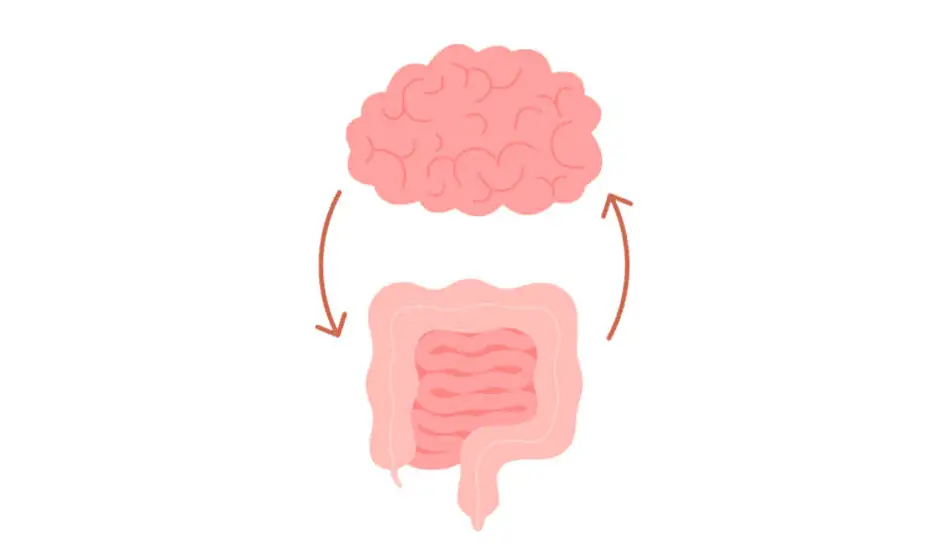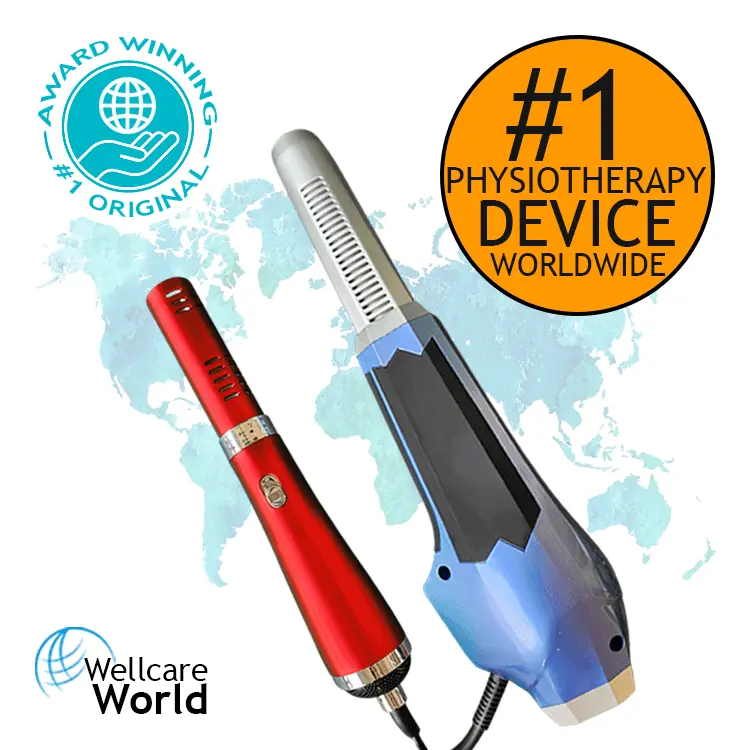
Animals Loving The Terahertz Wave
Terahertz (THz) wave technology is a new area of research that could change many fields, including veterinary medicine. Although still in its early stages, researchers and veterinarians are exploring the use of terahertz wave technology in several ways to diagnose and treat animals. However, in addition to terahertz wave technology, there are alternative medical treatments that have been shown to have positive effects on animals.
Acupuncture
Acupuncture is a traditional Chinese medicine that has been used for thousands of years to treat various conditions in both humans and animals. It involves the insertion of thin needles into specific points on the body to stimulate the nervous system, muscles, and connective tissue. Acupuncture can help with conditions like arthritis, back pain, and gastrointestinal disorders.
Research has shown that acupuncture can be effective in treating animals with various medical conditions. For example, a study published in the journal Acta Veterinaria Scandinavica showed that acupuncture can help reduce pain in dogs with hip dysplasia, a condition that affects the hip joint and can cause pain and lameness in dogs.
Source: E. V. Hielm-Bjorkman, J. Kuusela, and H. H. Liman, “Acupuncture for chronic pain in dogs: a qualitative interview study of dog owners,” Acta Vet. Scand. 57, 12 (2015).
Chiropractic Care
Chiropractic care involves the manipulation of the spine and other joints to alleviate pain and improve overall health. Chiropractors use hands-on techniques to adjust the joints and improve their function. Chiropractic care can help with conditions like back pain, neck pain, and musculoskeletal problems.
Research has shown that chiropractic care can be effective in treating animals with various medical conditions. For example, a study published in the journal Chiropractic and Manual Therapies showed that chiropractic care can help reduce pain and improve mobility in dogs with spinal cord injuries.
Source: A. L. McKiernan, J. J. Lewis, L. E. Smith, M. P. Wright, and K. M. Chaffin, “Chiropractic management of a dog with paraparesis and fecal incontinence associated with suspected cauda equina syndrome,” Chiropr. Man. Therap. 27, 18 (2019).
Herbal Medicine
Herbal medicine involves the use of plants and plant extracts to treat various conditions in both humans and animals. Herbal medicine can help with conditions like anxiety, arthritis, and digestive problems. Herbal remedies can be prepared in different forms, such as teas, tinctures, and capsules.
Research has shown that herbal medicine can be effective in treating animals with various medical conditions. For example, a study published in the journal Journal of Veterinary Pharmacology and Therapeutics showed that an herbal remedy called Sho-saiko-to can help reduce liver inflammation in dogs with liver disease.
Source: N. Kawamura, Y. Seki, Y. Takeda, M. Kikuchi, and Y. Shimada, “The Japanese herbal medicine sho-saiko-to inhibits the progression of liver fibrosis in rat,” J. Vet. Pharmacol. Ther. 25, 341-348 (2002)
Massage Therapy
Massage therapy involves the manipulation of muscles and soft tissues to alleviate pain and promote relaxation. Massage therapy can help with conditions like anxiety, arthritis, and muscle injuries. Massage therapists use hands-on techniques to apply pressure to the muscles and promote healing.
Research has shown that massage therapy can be effective in treating animals with various medical conditions. For example, a study published in the journal Journal of the American Veterinary Medical Association showed that massage therapy can help reduce pain and improve mobility in dogs with osteoarthritis, a condition that affects the joints and can cause pain and stiffness in dogs.
Source: J. C. Coates, J. W. Donnelly, C. B. Pijanowski, and T. L. Hoskinson, “Effects of massage on pain, mood, and quality of life in dogs with osteoarthritis,” J. Am. Vet. Med. Assoc. 248, 1298-1304 (2016).
Conclusion
Alternative medical treatments can be effective in treating animals with various medical conditions. Acupuncture, chiropractic care, herbal medicine, and massage therapy are just a few examples of alternative treatments that can improve the health and well-being of animals. While terahertz wave technology is still in its early stages in veterinary medicine, alternative treatments like these have already shown positive results. By exploring new technologies and alternative treatments, veterinarians can provide more effective and comprehensive care for animals.






